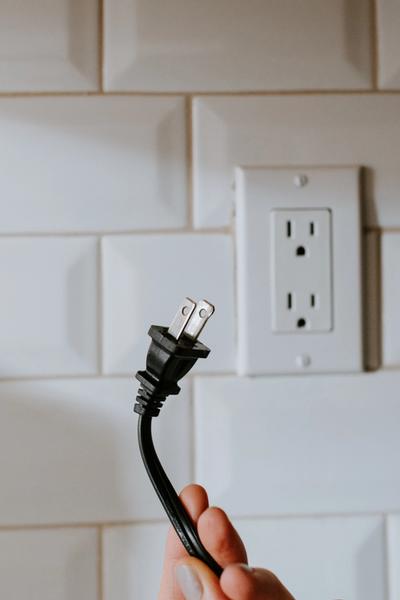Can you remember the last time you took a break from your tech? If you’re a daily detox bather, then you’re at least getting a good 30 minutes of device-free time each day, not including your sleeping hours, of course. But a digital detox is about more than just switching off your phone. When it comes to your health and mind-body balance, taking time away from technology can give you some much needed rest. When you make space for screen-free time, you can focus more deeply on what matters to you most. Reading books to your child, meditating, napping, bathing, and devoting time to a favorite hobby can help refresh your outlook during times of stress.
Remember that while busyness may be unavoidable if you’re juggling work and family (especially during the COVID-19 crisis), it’s important not to glamorize a jammed schedule. You deserve to take a breather already, and consider that making space for space in your day is part of your commitment to self-care. You don’t have to prove your worth by overbooking yourself all day, every day. It’s time to make time for you and take care of you. Whether daily or once a week, making time for a digital detox can help you recover when stress threatens to overwhelm you.
What’s A Digital Detox?
A digital detox is disconnecting from all technology, including your laptop, phone, and tablets for a set period of time. What you do with this time is totally up to you, but think about it in these terms: It’s time to reset and recharge. Also, you can frame this time in terms of setting healthy boundaries. It can be surprisingly difficult to switch off your phone when it seems like your notifications never cease pinging, but you owe it to yourself to take space whenever possible. While a tech-focused world normalizes constant connection, you don’t have to stay plugged in all the time.
You can design your digital detox however you like, but aim to unplug for five minutes during the day, 20 to 30 minutes during bath time, and at least one hour before bed to help reduce stress and promote healthy sleep. Further, you can consider even longer detox periods when your schedule allows. Can you go a full 24-hours without looking at your phone on the weekends? While this may seem challenging at first, the more time you spend away from your screens, the more liberated you may feel.
Using Technology Mindfully
Technology offers some wonderful benefits, such as social connectedness and access to information, and there’s no need to reject it entirely. What can be helpful to consider, however, is how you’re using your screen time and how it’s making you feel. Are you feeling down after scrolling because you’re comparing your life to your friend’s carefully curated Facebook feed? Or are you feeling less present with your partner because you’re both distracted by screens? These can be cues that it’s time to reassess your relationship to technology.
While work obligations can mean that there’s no way to avoid that bi-weekly Zoom meeting, you can take a beat to consider if you really need to browse social media right now. While connecting with friends and community on Instagram can feel fun and rewarding, remember that there’s no substitute for connecting with loved ones in person. If COVID-19 safety measures mean that most of your social time relies on connecting through devices, make sure to also take some time to unwind, refocus on you, and enjoy some quiet time at the end of each day.
So, how do you do a digital detox? It’s as simple as finding your motivation, committing to a set period of time where technology is off limits, and switching off the screens. Once you realize how joyful it can feel to take time away from technology, it’s only a matter of time before you find real peace of mind in shutting off your phone.



